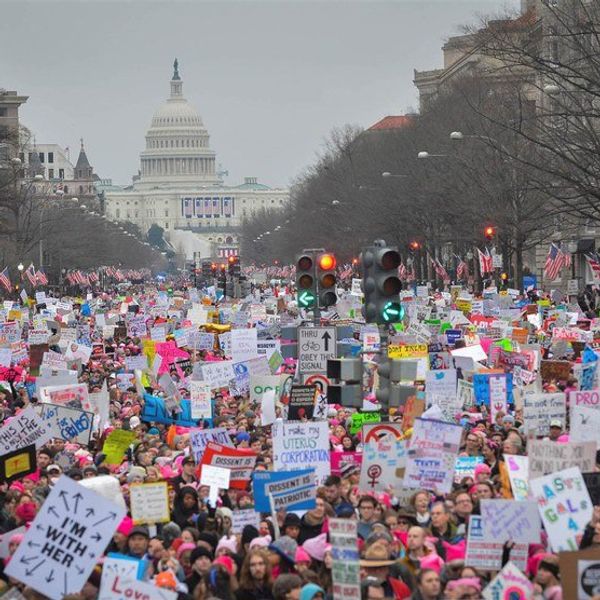Eve Carson was 22 years old when she was brutally murdered by two men who had come from Durham to Chapel Hill to rob someone. Carson was someone who had seemingly done everything right in her life -- she was student body president, a recipient of the prestigious Morehead-Cain Scholarship, one of the highest honors at UNC Chapel Hill, and she was kidnapped from her Chapel Hill home, robbed and killed in the early hours of the morning.
Eve Carson's name is still alive at UNC. Despite her life being tragically cut short, her legacy still survives, and perhaps that is a tribute to the kind of special person she was.
The first time I heard her name was last year when my friend invited me to run in the Eve Carson Memorial 5K organized by Pi Beta Phi and Phi Delta Theta, but I did not realize the heartbreaking and disturbing circumstances of her death until I read about them quite recently on the 10 year anniversary of her death. It was a wake-up call for me perhaps because I was naive and blissfully ignorant that, even in Chapel Hill, the world is a terrifying place, and it is an especially terrifying place for a woman.
Up until high school, I did not doubt for a second that I was equal to my male peers. A bright young woman, I competed at their academic level and thrived at various different clubs, activities and skills. I thought that society would see us as equal.
But socially, from a young age, I knew we were not equal. My parents had always be overprotective, and I started to wonder if I would be treated the same way if I had been born male. I have to imagine I would be discouraged less from dating or even talking to members of the opposite sex. I spent a part of my adolescence being frustrated over my lack of freedom, but as I have grown older I have at least understood the constant worry. There was something my parents had knowledge of that took me a while to realize.
The liability of being a woman.
In the world we live in, a woman is not the predator, she is the prey. She is a member of “the weaker sex.” She lives in a world where she is told by her brothers and fathers to avoid men. Where she is discouraged from walking home alone at night or going to a party alone or leaving her drink unattended… for fear of the opposite sex.
The liability of being a white woman is always having a target on your back but being privileged enough that you sometimes forget about until something goes bump in the night. Or until you have to walk home alone and you suddenly find yourself watching your reflection on glass windows to make sure no one is following you. It is knowing that you are far more likely to be a victim of sexual assault than a man is.
This liability is not a secret to men or women. In fact, women learn first from the men in their lives that they are more at risk to be the victim of other men. It is, however, something that can be easily forgotten in the comfort of our homes and schools where we can delude ourselves into thinking that the mutual respect we find is equality in society.
The liability of being a woman is a burden I try to forget as I go throughout my day -- it is a distraction, and it would be a cause of constant anxiety if I spent all day worrying about it. But then I am reminded of Eve Carson, someone who had done everything right in her life, who seemed invincible, but whose liability made her a victim of two men looking for an easy target, and that night I hold my keys tight as I walk home and hope they are sharp enough just in case.



















